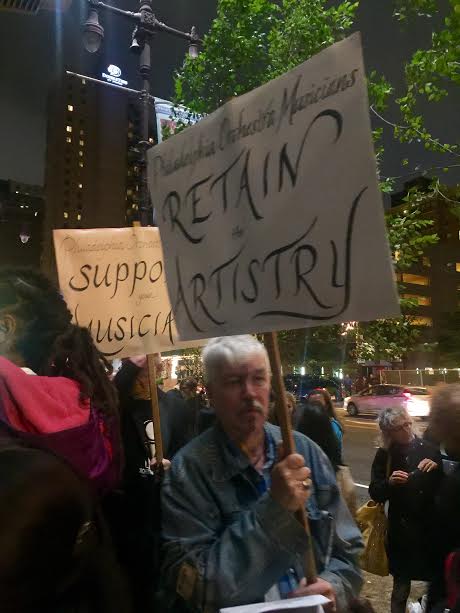Editorial: No good faith in Pittsburgh and Philadelphia orchestras
mainThe two orchestral strikes are umbilically linked. Both orchestra have run deep deficits and are trying to force their musicians to accept pay cuts.
The musicians say that if the orchestra management wants to retain world-class status – with all the attendant kudos of international tours and civic prestige – they need to maintain a world-class pay level. If they don’t, the best players won’t stay for long.
What has become apparent over the past few weeks is that the boards of both companies have put their fingers in their ears and adopted fixed positions, preparing for an inevitable walkout.
In Pittsburgh, a ‘last, best and final offer’ was made to the musicians on September 18. It involved a 15 percent pay cut. When the musicians rejected it, a federal mediator was summoned from Washington. But there was no intention on the employers’ side to budge one cent from their final offer – effectively, an ultimatum. They were simply wasting Government time in calling in a mediator. When the musicians saw no movement on the other side, they walked out.
In Philadelphia, an external consultant was called in a year ago to advise on the best way of maintaining musical standards while reducing the deficit. None of his recommendations was activated. The management put a pay cut to the musicians. When they declined it the only way out was to strike.
In both instances, the employers’ side was not interested in talking – only in imposing terms.
That’s a mark of bad management. It’s also a sign of bad faith.
Allison Vulgamore in Philadelphia and Melia Tourangeau in Pittsburgh have not played fair with their musicians.






Comments